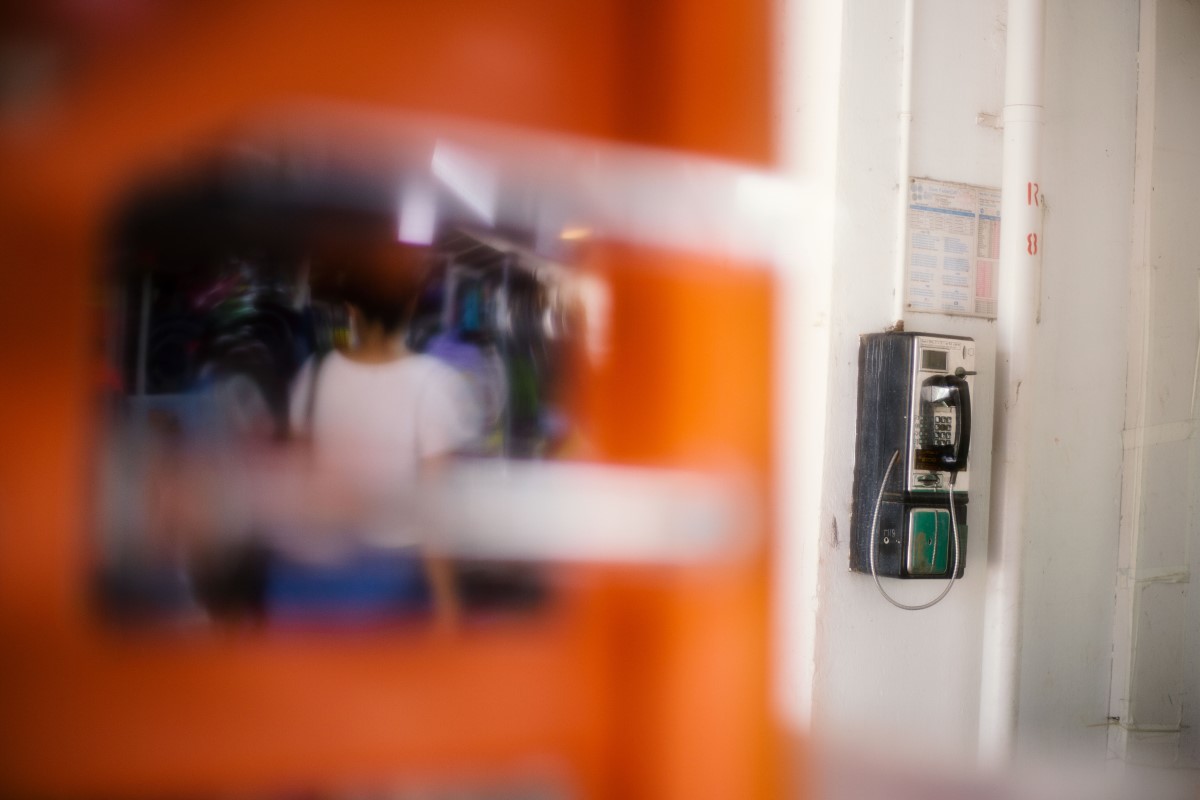Top image: Marisse Caine/Rice Media
“She told me she would commit suicide if I were unable to provide her with an answer,” Asha recalled of her time as a call centre agent at MOH last year.
In July last year, the number of COVID-19 cases began to rise as restrictions eased and border measures relaxed—moves that impacted Singapore and led to an urgent need to ramp up operations.
ADVERTISEMENT
In efforts to do so, MOH introduced the Home Recovery Programme (HRP) in September 2021. This programme applied to vaccinated patients who tested positive for COVID-19, up to 50 years old, with mild or no symptoms. This essentially meant that these individuals would not need to go to a hospital or community care facility and undergo isolation but instead can isolate and recover from the comfort of their own home.
In the same month, 48-year-old Mrs Asha Gonzales started her job as an agent at the Ministry of Health’s (MOH) call centre. Her role included attending to general patient queries and providing guidance on further steps for individuals who had tested positive for COVID-19.
“I was excited to have gotten this opportunity to help accelerate Singapore’s healthcare system in any way possible, and I was looking forward to starting my time there,” said Asha, as she reminisced on how she felt before she embarked on her journey as a call agent at MOH.
On a typical day, Asha would have to respond to at least 80 calls, and close to half of them would require further assistance on COVID-19 procedures. However, with the state of emergency Singapore was encountering then, this had consequently begun to put extreme pressure on MOH’s call centre agents, who were met with a wave of frustrated and confused patients regarding the HRP.
Home Recovery Pains
As the HRP procedure goes, MOH would need to provide patients with a clear set of instructions on the necessary steps to be followed as part of the established protocol. Additionally, patients on the scheme will receive an SMS notification with more information on what they should do.
Unsurprisingly, with the HRP being a newly introduced scheme, MOH’s call centre agents bore the brunt of the effects of the pilot programme. The strained supply chain management resulted in what Asha believed to be the most daunting episode.
The pilot programme meant that each call centre agent had to make up to 140 calls a day—and these were just calls that were being answered. Many patients were faced with their calls going to voicemail, or they would be bounced around to various agencies. There was no clear direction for how patients could reach a phone operator, even if they were facing an emergency.
“It was an absolute mess,” Asha recalled. “Patients would end up calling the hotline constantly, which would jam the hotline even further. With the system jammed, none of us knew how to go about contacting the patients from calls we missed as we would be too overwhelmed.”
In a statement by Health Minister Ong Ye Kung in October 2021, the healthcare system was streamlined to handle close to 4,000 cases per day. Considering the cases in Singapore were rapidly soaring then, he acknowledged an immediate need to improve planning capacity and staffing.
“So, in terms of planning capacity and manpower, we’re always one to two steps ahead. What I think did not go well, and I fully acknowledge it, was the HRP (Home Recovery Programme). All the complaints about conveyancing, calling in, and people not getting responses, is not because the beds were totally full, but processes with regard to the HRP were not totally ready and we were caught by the sudden increase. We were still implementing a pilot programme when all this happened,” said Health Minister Ong Ye Kung.
Unendurable expectations
Asha elaborated that MOH call centre agents are given a set of standard operating procedures (SOP) to follow when answering patients’ queries over the phone. This ensures that all patients are given accurate information on COVID-19 guidelines they can follow.
However, the SOP that agents were given on the HRP was not extensive and did not include the new measures established. The agent could not answer most of the patients’ questions due to their lack of knowledge.
“Everything became very unorganised. I couldn’t answer most of the questions I was thrown at, and patients would vent all their frustrations on me,” said Asha, adding that she had to keep many patients on hold for a long time while she corroborated with her colleagues about the issues being raised.
Dispirited, Asha confessed that she had never gone through such an emotional turmoil in her life. The helplessness that she felt when dealing with patients was one that she could not believe she had gone through. All she wanted to do was help the people in need.
She accepts that living in unprecedented times calls for unexpected actions from the public, but she questions the perspective people took towards the phone operators.
“People on the other end of the line do not realise that we are here to help. There will be times that we are not equipped with the necessary responses immediately as new information gets released almost every day. So, why should we be turned against by the public when we are just doing our job?” questioned Asha.
While it was not in Asha’s hands to implement important decisions and revise protocols in the call centre, she could not help but feel blamed in every possible way for how the people suffered throughout the journey. The expectations of the role were unendurable to the point where it would seem like someone’s life would depend on whether she could answer their question or not.
ADVERTISEMENT
“The scolding, the yelling and the fighting from patients were just unbearable. I even got death threats from some people who demanded answers to be given right away. This is not what my job scope entails,” said Asha, adding that there wasn’t a time where she got a good night’s sleep.
Breaking point
“Nobody sees what we go through inside the call centre,” Asha added, frustration rising in her voice. “Nobody sees the work we put in every day to ensure patients get the help they need. But the moment we cannot do so, it’s like we become monsters to everyone. This was not what we had anticipated when we first joined.”
Asha could not stand the thought of being put in a position of constant fear and possibly being accountable for someone’s death. It even came to a point where she dreaded going to work, and she did not find any happiness in helping people. All day long, she would just wait for the clock to strike eight so that she could leave the frantic scene at work and head home to see her family.
In November 2021, Asha quit her job within two months of working as an agent. She is now on the lookout for a new job that gives her the similar joy of helping people, but in a field where she can savour and embrace the experience.
She added that she would continue to help people in every possible way, but she believes it is also essential to take care of one’s health and make that a priority.
Whenever someone asks Asha about her experience as a MOH call centre agent, she is triggered with unpleasant memories that she “does not want to remember”. Now, she tries to see each day in a different light to help accelerate her personal development and mental health, which she believes was taken away from her during her time as an agent.
“I signed up to help people. I never signed up to be traumatised. While it is in my blood to help people, I am unwilling to put myself through that horrifying experience again. It just does not sound fair to me.”






